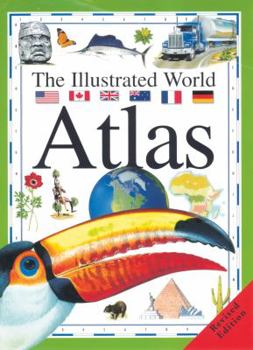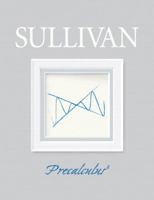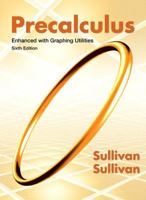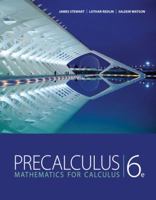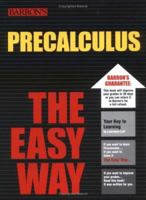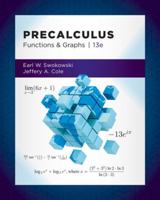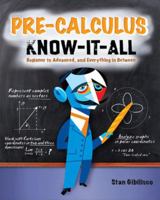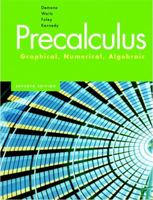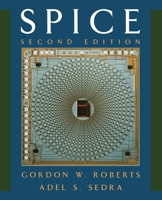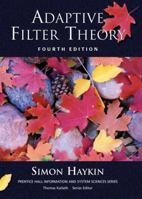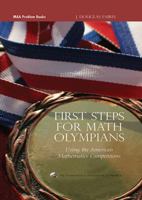The Illustrated World Atlas
Select Format
Select Condition 
Book Overview
You Might Also Enjoy
Customer Reviews
Rated 5 starsAll the information needed in a compact size!
This book covers all the topics and has plenty of practice problems and yet it's barely an inch thick! Why isn't every instructor using this book?
0Report
Rated 5 starsnot really necessary
i ended up making an A in calculus, but i didnt think taking the precalculus course using this book was very helpful. maybe just a little
0Report
Rated 4 starsA good text to teach out of.
This review is about two books: Precalculus, by Faires and DeFranza, and the Study Guide for the same book. The reviews above seem to be about the text itself (which is, at the moment, not what is being offered for sale; the ISBN is that of the Study Guide). While the comments from other readers may be valid relative to the uses to which they have put the book, I have found the book an admirable aid for teaching out of...
0Report
Rated 5 starsA PreCalculus Text To Consider.
Hi! I am a math teacher in Malaysia. For your information we have Precalculus texts written in our own native language which has about 200 pages. I have been searching for some American preCalculus texts which are short. When I find this title by Faires I acquired a copy and see that it has about 400 pages. Ourtexts cover most topics in Algebra & Trigonometry because we have a different syllabus where we don't make use of...
0Report










